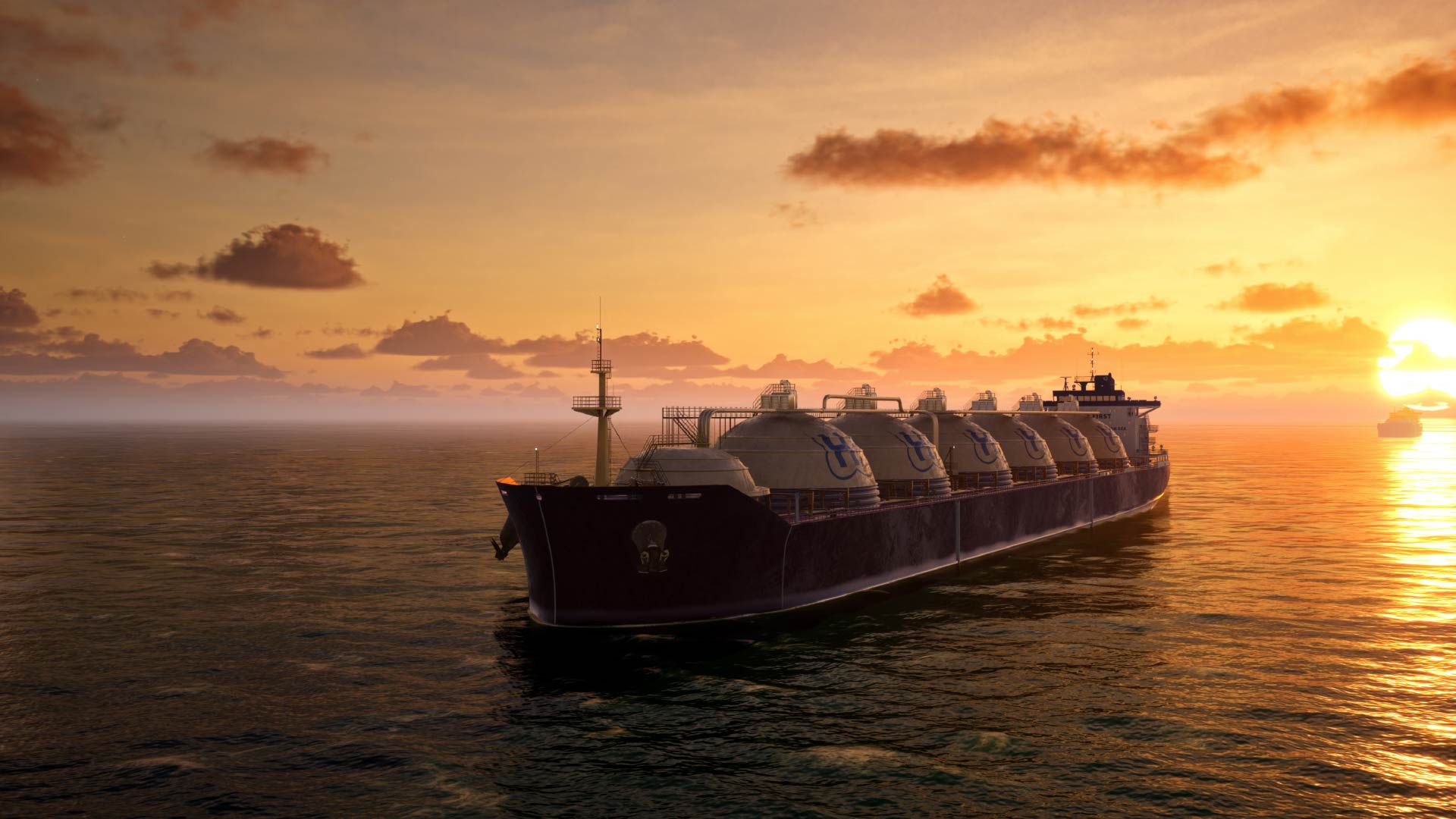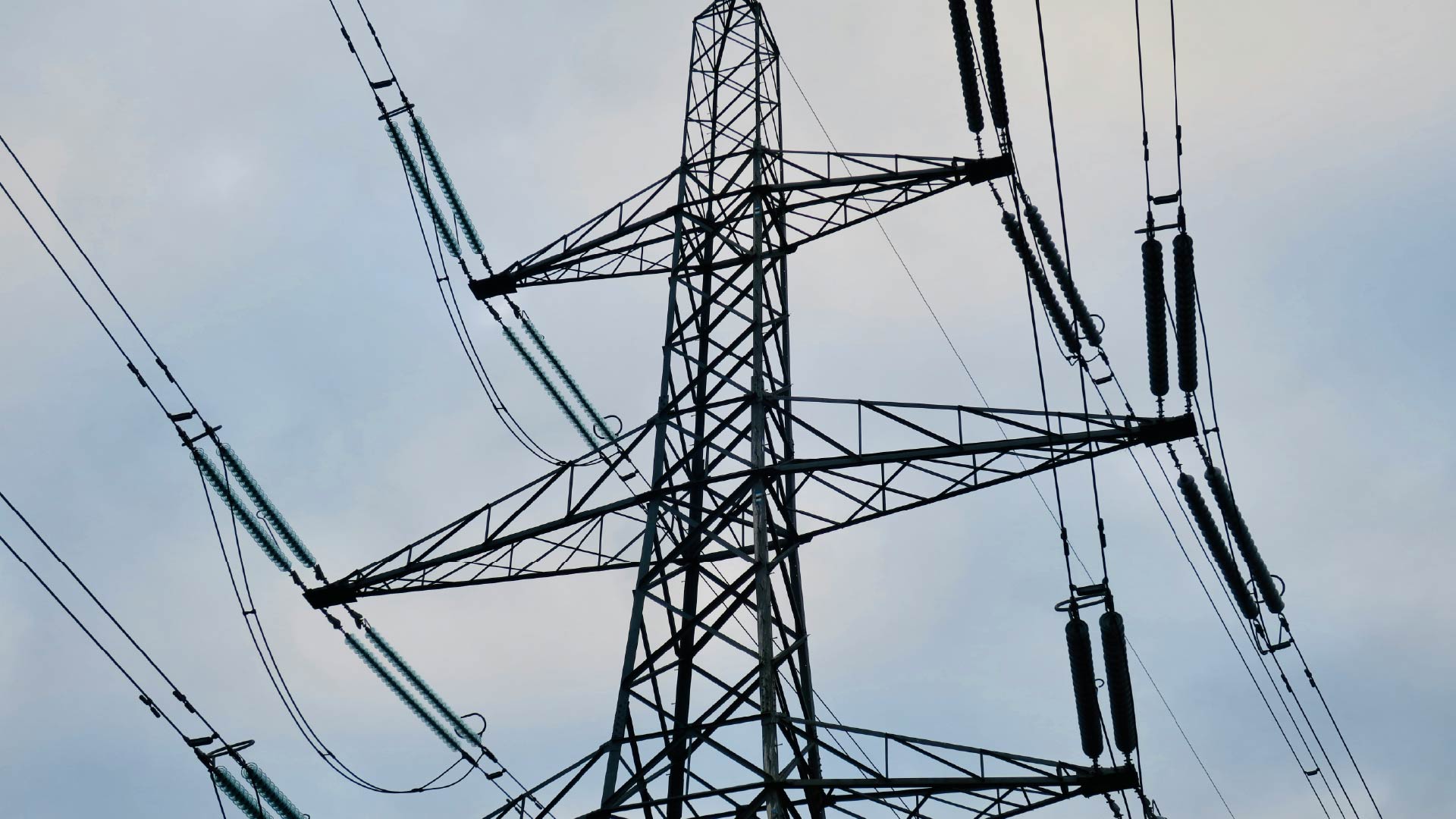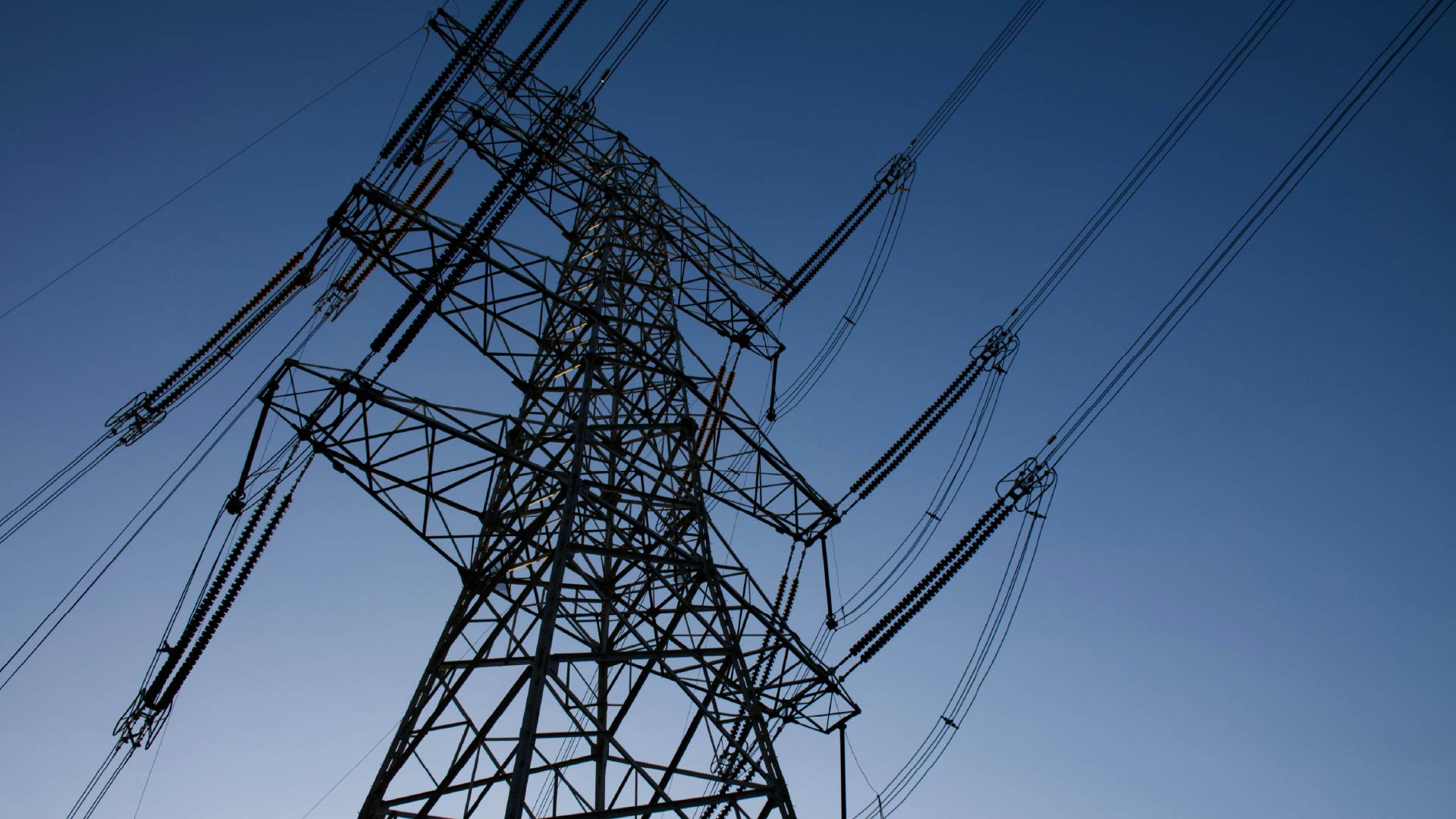Wind Has Room To Grow Using Nonpartisan, Economy-Boosting Appeals

Maya Hilmi
The importance of renewable energy technologies cannot be overstated. By 2035, the UK aims for all its electricity to have net zero emissions. Similarly, the US has set a goal of 100% clean electricity by 2035, a crucial foundation for reaching net zero emissions no later than 2050. But wind energy projects encounter some partisan resistance; this could be allayed if developers leaned in to wind’s economy-boosting credentials as much as its emission-reducing ones.
A recent BBC article heralded wind power surpassing gas for the first time in overall UK energy generation. Of wind energy’s numerous advantages, its role in eliminating harmful greenhouse gas emissions and adaptability to various geographical locations are well-established.
Less well-established is wind’s overall economic impact. Wind farms create jobs, boost local economies and enhance energy security by diversifying the energy mix. In the US, investments in new wind projects during 2022 injected $20 billion into the economy. Global employment in the wind power sector increased from 1.25 million jobs in 2020 to 1.4 million in 2021. Asia held the largest share with 57% of those jobs, primarily due to China's vast share. Europe accounted for 25%, while the Americas made up 16% of the total employment.
According to the International Renewable Energy Agency (IRENA), Europe is the leading region in offshore construction and technology development. In 2020, four European countries, led by Denmark and Germany, accounted for over three-quarters of global exports in this sector. Therefore, by harnessing the power of wind, we can reduce reliance on fossil fuels, combat climate change and also create economic growth.
Increased investment in renewable energy infrastructures is crucial to catalyse innovation, improve efficiency and drive employment. Governments, private sectors firms and international organizations must prioritize allocating resources towards the research and development of renewable energy technologies. By playing on the job-creating benefits of wind power, developers can appeal to something that interests both sides of the political and social divide.
About The Author

Maya Hilmi
Analyst





